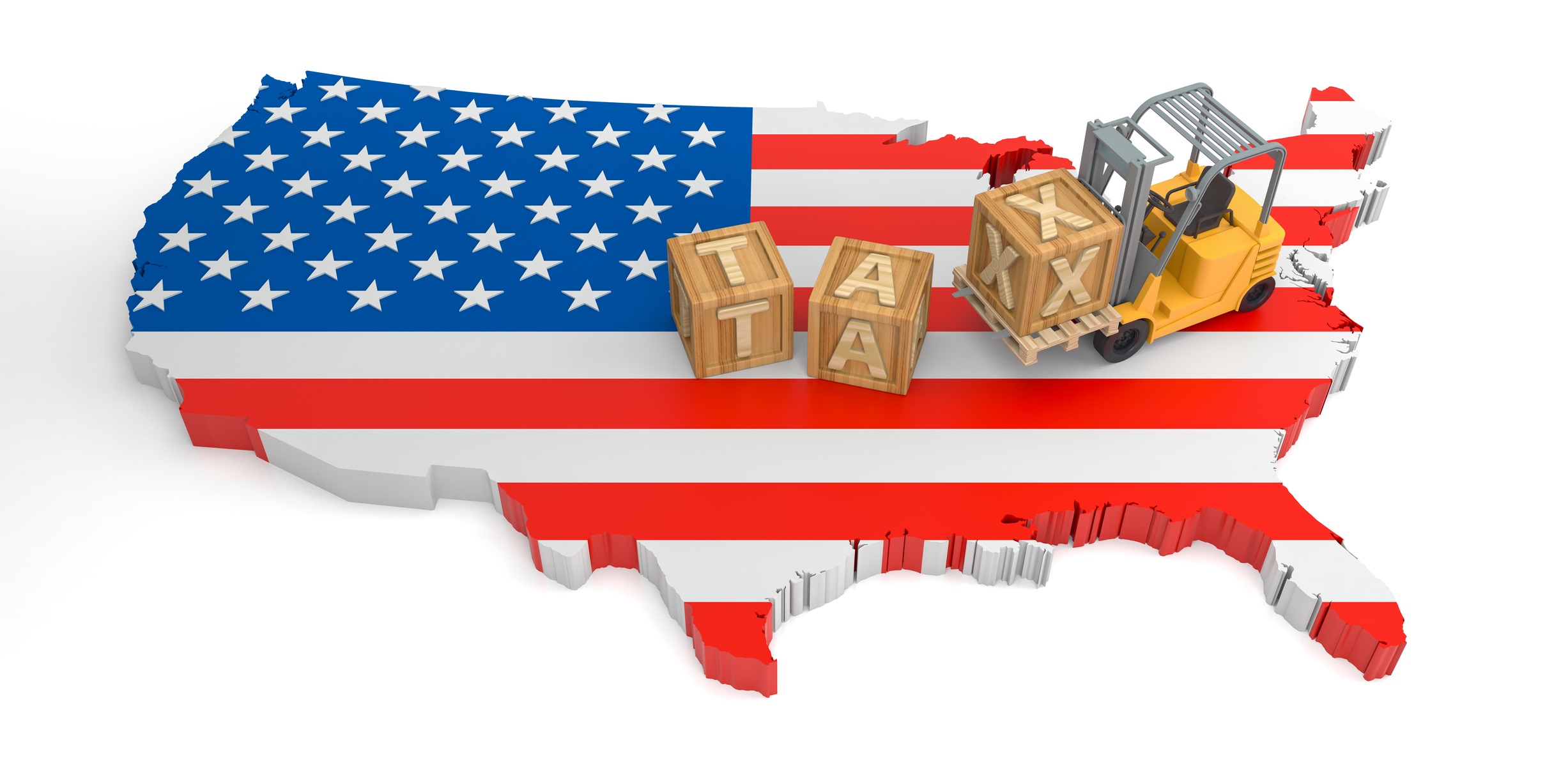As UK companies, our clients are accustomed to the somewhat uniform legal structure found in a unitary, parliamentary monarchy. It’s no surprise, therefore, that our clients are often bewildered by the US’ federal system, in which each state (and often local governments) can largely decide for itself whether and how to tax corporations doing business in their jurisdictions.
State governments’ power to tax corporate activities is not, however, unfettered. There are three significant limitations.
Firstly, under the Constitution, a state can tax an out-of-state corporation only if the corporation engages in activity which has a “substantial nexus” with the taxing state. Generally, one looks to the extent of the corporation’s economic ties to the state to determine whether substantial nexus exists. Many states have established specific thresholds for property, payroll, and sales. If the value of the corporation’s property, payroll, or sales in that state exceeds the specified threshold, then the corporation is deemed to have substantial nexus with its state.
Secondly, a state’s power to tax the corporate income of a multistate corporation is validly exercised only if the tax is “fairly apportioned.” That is, the tax imposed must fairly reflect the tax attributable to the corporation’s contacts with the taxing state. Typically, states apportion your nationwide income to their jurisdiction using a “factor” analysis that measures your sales sourced to that state and, in some cases, your payroll or property in that state.
Thirdly, under a federal law known as P.L.86-272, a state has no power to impose a tax on “net income” derived from interstate commerce against a corporation whose activities in the state consist merely of solicitation of orders for the sale of tangible personal property, which orders are sent outside of the state for approval and are filled by shipment from points outside the state.
Let’s unpack that.
P.L. 86-272 only protects against a tax based on “net income.” Some states (e.g., Texas, Ohio, Washington) impose corporation tax based on gross revenue. These so-called “gross receipts taxes” are not based on net income. Similarly, many states impose a minimum “franchise tax” against corporations doing business in their state. Because the minimum is not calculated based on net income, P.L. 86-272 does not offer protection.
P.L. 86-272 only applies if the income is derived from “interstate commerce.” States take the position that “international” sales are not interstate sales. Thus, shipments from the UK to a customer in a state would not be protected by P.L. 86-272.
P.L. 86-272 only applies to the sale of “tangible personal property.” If you are selling services, or providing services (e.g., installation, maintenance, or repair) in connection with the sale of tangible personal property, the law will not apply.
Finally, P.L. 86-272 only applies if your activities in the state do not go beyond the “solicitation of orders.” In interpreting this requirement, Courts construe the phrase to permit more than what is strictly essential to making requests for purchases. Generally, if the activities are entirely ancillary to requests for purchases and serve no independent business function apart from their connection to the soliciting of orders, then they are protected.
